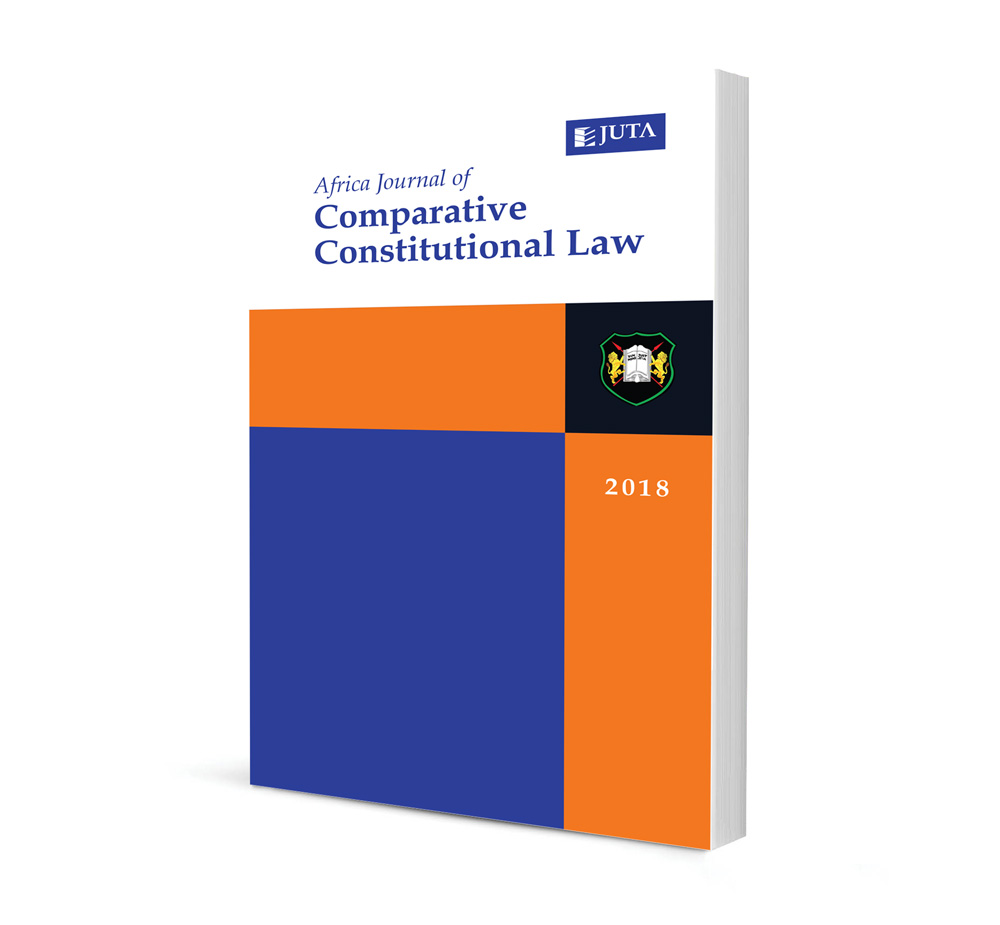Women Political Representation and Gender Quotas in Kenya: A Retrospective Look

Women Political Representation and Gender Quotas in Kenya: A Retrospective Look
Authors: Buluma Bwire, Migai Akech and Agnes Meroka-Mutua
ISSN: 2521-5434
Affiliations: PhD Candidate, University of Nairobi, School of Law; Associate Professor of Law, University of Nairobi; Senior Lecturer in Law at the University of Nairobi
Source: Africa Journal of Comparative Constitutional Law, 2019, p. 1 – 24
Abstract
The 2010 Constitution introduced mandatory gender quotas for elective public bodies in Kenya through the provisions of articles 27(8) and 81(b). However, there exist no constitutional mechanisms to ensure the effective implementation of these quotas and this lacuna has contributed to an on-going constitutional impasse since 2013 when the First Parliament under this Constitution was elected into office. This article undertakes a retrospective interrogation of the state of women’s political representation in Kenyan politics leading up to the introduction of constitutional gender quotas with the promulgation of the 2010 Constitution. It further analyses the influence of electoral systems on women’s representation in Parliament vis-à-vis the implementation of gender quotas to increase their participation and representation in politics. It argues for changes in the Kenyan electoral system to facilitate the successful implementation of the constitutional gender quotas provided for under articles 27(8) and 81(b) of the Constitution.